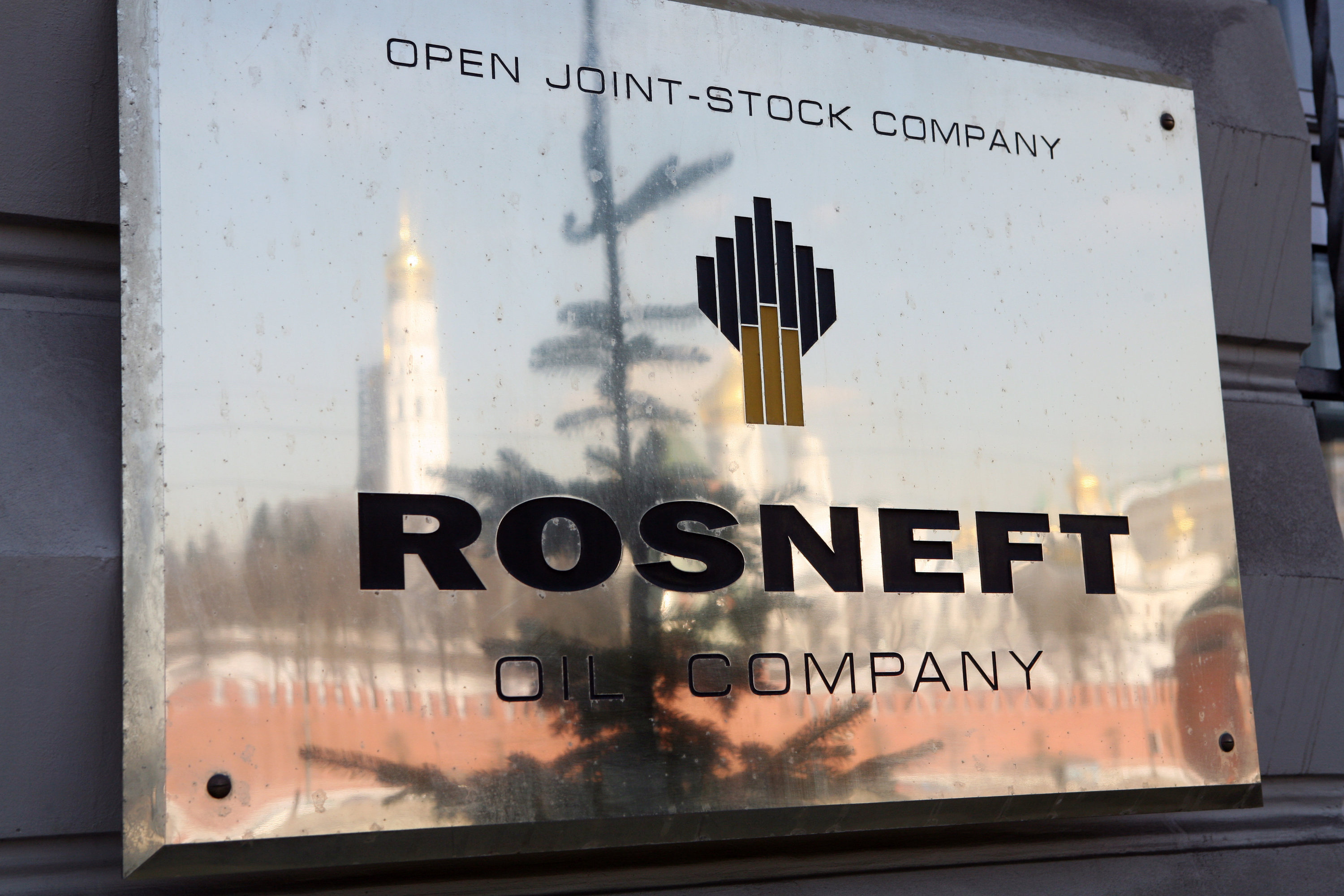MOSCOW, January 27 (RAPSI, Ingrid Burke) – Russian gas giant and Rosneft subsidiary Samaraneftegaz has appealed a judgment granting the recognition and enforcement of a $186 million arbitral award won by Yukos Capital SARL, according to court documents obtained by RAPSI.
The dispute revolves around two July 2004 loan agreements, which provided for the arbitration of disputes in Russia and under Russian law, as well as November 2005 addenda to the agreements that provided for arbitration in New York’s International Court of Arbitration of the International Chamber of Commerce (ICC) under New York law, according to a recent order.
In August, the US District Court for the Southern District of New York granted a request by Yukos Capital for summary judgment in its efforts to seek enforcement of an arbitration award it had earlier won in the ICC against Samaraneftegaz.
In early October, a supplemental judgment linked to the August judgment ordered Rosneft to pay $185,907,785.41 plus interest to Yukos Capital.
Then in late October, Yukos Capital filed a memo requesting that a US federal court order Samaraneftegaz to satisfy the judgment.
On January 9, the district court ordered Samaraneftegaz to turnover assets in order to satisfy the judgment, and to refrain from paying dividends, making loans, or providing other such payments to shareholders or corporate affiliates until either the judgment is satisfied or a bond is posted pending appeal.
Samaraneftegaz raised several issues on appeal in a brief filed on Friday with the US Court of Appeals for the Second Circuit, arguing first that the District Court had found that the relevant factors weighed in favor of a forum non conveniens dismissal, but declined to dismiss on such basis. Forum non conveniens is a legal doctrine that provides a basis for a court to decline jurisdiction over a case if it would be more properly litigated elsewhere.
The appeal argues that despite having found that all forum non conveniens factors had weighed in favor of dismissal, the District Court “abused its discretion,” as it should have dismissed the case rather than retaining it.
Next, the appellant argued that the District Court erred in accepting personal jurisdiction over Samaraneftegaz based on the addenda to the arbitration claim. In the words of the appeal, “the Addenda are void as a matter of Russian law.” The appeal notes several points that would put the legality of the document at odds with Russian law before asserting that each such factor, “is sufficient to render the Addenda void under Russian law, which eliminates the basis for personal jurisdiction. In ruling to the contrary, the District Court ignored or misapplied Russian law.”
Samaraneftegaz then asserts that the District Court erred by failing to issue estoppel to facts that had been found in related Russian proceedings. Collateral estoppel is a legal doctrine that bars a party from re-litigating issues that have already been dealt with.
The gas company further argues that it had not been properly notified of key stages during the course of the arbitration proceedings.
The appeal then advances the claim that the award’s enforcement would violate US public policy. The appellant asserts: “Yukos Capital’s ‘loans’ to Samaraneftegaz were no credit extension at all: Yukos Capital merely cycled Samaraneftegaz’s own funds back to it, solely to evade taxes and insulate Yukos Oil from liability.” The gas company notes that US case law encourages the interest of the courts in aiding foreign countries with their tax investigations.
The issue of the conversion of the award from Russian rubles to US dollars was raised. Samaraneftegaz argued that the conversion was erroneous in and of itself.
Furthermore, the appellant urged that an improper exchange rate had been used – thus hiking the judgment amount up by 25%. Specifically – the court used the exchange rate current on the date of the arbitration award, rather than the one current on the date of the judgment.
With regard to the January 9 order – Samaraneftegaz asserted in its brief that although it had opposed Yukos’ turnover motion, the District Court granted the motion without addressing its concerns. As explained in a footnote to the brief: “Samaraneftegaz opposed that motion because using Russian assets as requested would expose Samaraneftegaz’s employees to criminal liability in Russia and because the motion was contrary to principles of comity and the framework of the New York Convention.”
Samaraneftegaz is Rosneft’s second largest oil and gas production unit. Yukos Capital is a Luxembourg-based subsidiary of the now defunct YUKOS Oil Company.



